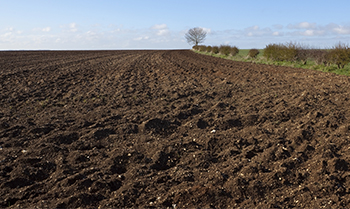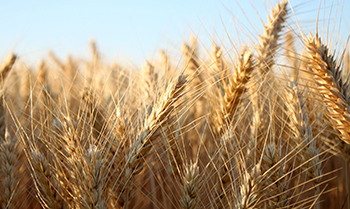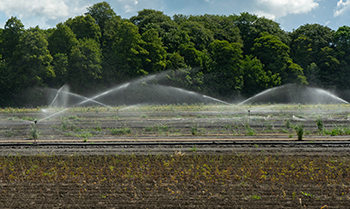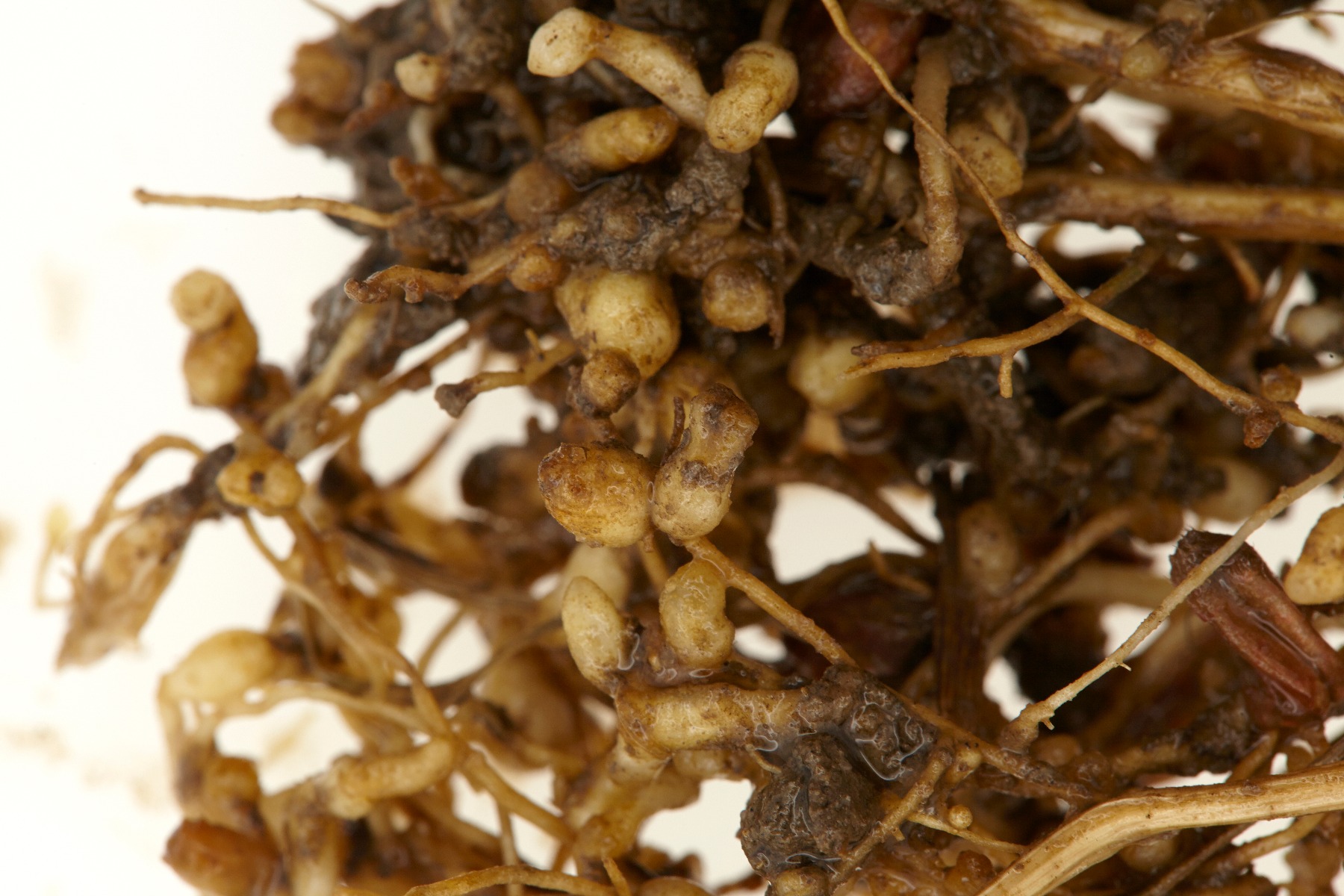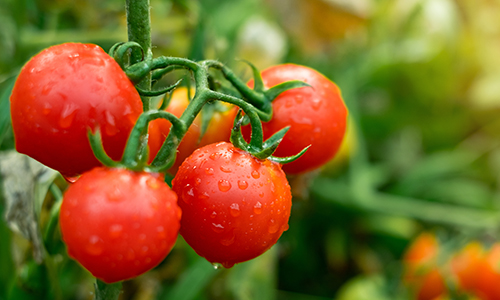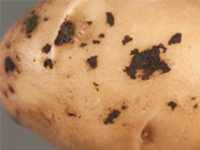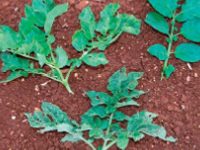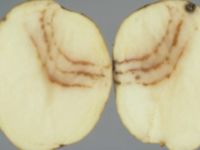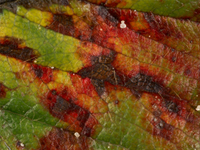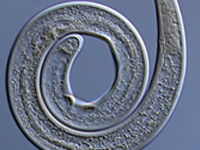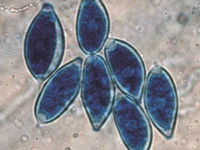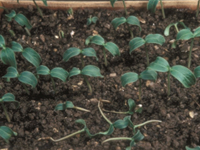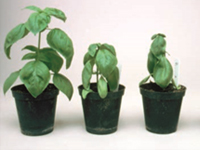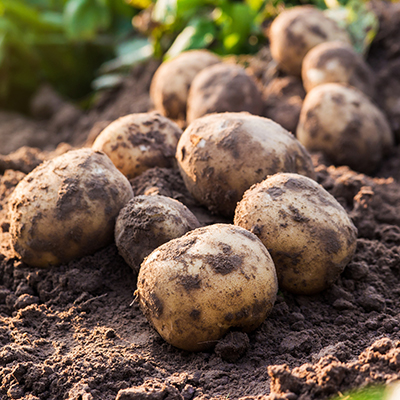
Visit our other sites
-
Fapas - Proficiency Testing
Globally recognised provider of proficiency tests, running over 400 tests annually across an extensive range of matrices and analytes
-
Great Crested Newts Testing
A single sample taken by an ecologist at any time during the newt breeding season can determine their presence or absence, saving you time and money
- We care about the world and the environment. We are driven by a need to address important global issues such as sustainably feeding a growing population and food security challenges. Get in touch.
- Contact Us
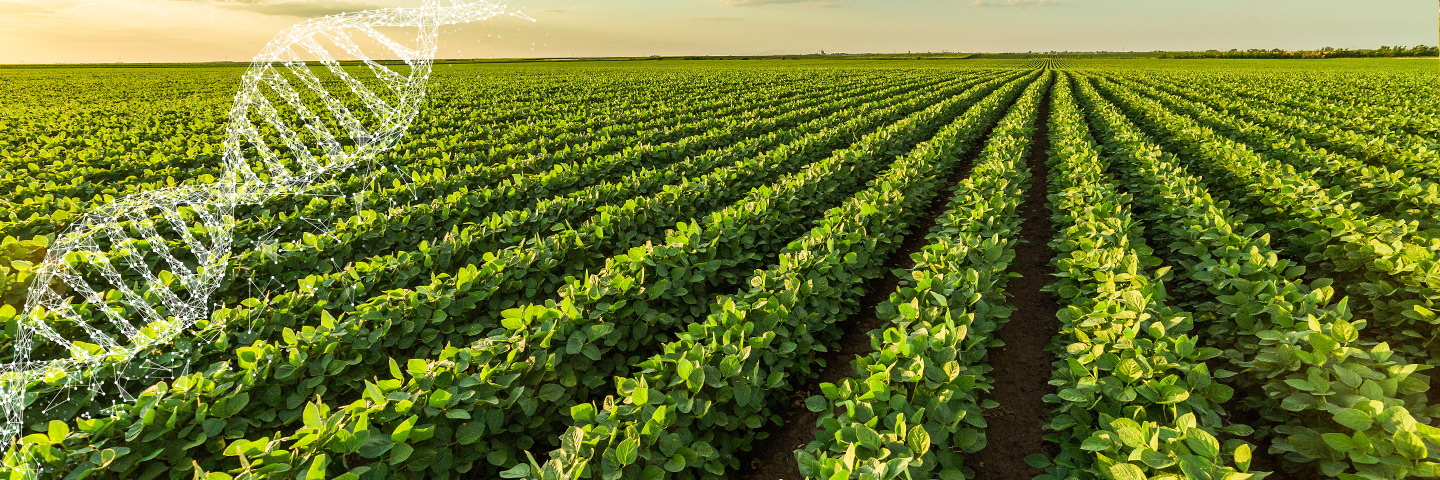
Fera's Plant Clinic is the largest in the UK. Our work supports healthy plants and crops, increasing sustainable food production and protecting the environment.
Begin a partnership you can trust to support your growth and keep you one step ahead
Our crop testing and molecular facilities deliver expert diagnostics on a range of plant issues from all over the world. We have extensive expertise in the fields of bacterial, fungal, viral, insect and nematode identification.
Our experienced team offer bespoke testing so if you are unsure what kind of test you need, we can help diagnose your crop using our plant diagnostic techniques.
We can identify plant pests and pathogens found in arable crops, vegetables, trees, ornamental plants, protected edibles, seeds, soft fruit, turf and water. We also have a UKAS accredited nematology testing facility for PCN and free-living nematodes as well as the facility to test for pests and diseases of bees and mites in relation to food storage.

Our Experience
Our diagnosticians are globally recognised for their expertise in diagnosing plant diseases and identification of plant pests. Our approach is to use the most appropriate method for diagnosing each sample ranging from traditional techniques, such as microscopy through to cutting edge molecular diagnostics. We undertake high-quality research and monitoring to provide robust evidence, solutions and advice on the epidemiology and control of plant diseases in agriculture, horticulture and the natural environment. Our scientists undertake bespoke projects for growers to help address specific issues and improve yields.

Don't have an online account?
Register here
AHDB podcast discussing Potato Virus Y: Protecting the reputation of British seed potatoes
In the summer of 2019 there was an increased number of reports of issues related to Potato Virus Y, this episode looks at the industry response from a variety of specialists including Dr Adrian Fox, Senior Plant Virologist at Fera Science.
View our Potato Tests
We are working with the Tubercare initiative from Certis
Importance of Virus Testing
Adrian Fox, Principal Plant Virologist at Fera Science, explains the methods used in the lab to determine virus levels during the process of seed potato virus testing. He also compares direct molecular diagnostics and 'grow out' testing.
He then goes on to highlight the importance of virus testing in order to minimise yield reductions and maximise marketable yield.
View our Potato Tests
Tuber Disease Identification and Assessment
Our scientists support growers in all areas of agriculture and horticulture through plant health diagnostics, seed testing through to food authenticity and packaging analysis.
In this video, Fera plant diagnosticians explain the process of tuber disease identification and the importance of accurately identifying seed potato pathogens.
View our Potato Tests
Experience the ultimate interactive map and virtual tour of Fera
Resources - Factsheets
Fera has the best people in the right place focussed on delivering the right solution. We continuously invest in our people and support them in delivering the best science to our partners.

Adrian Fox
Adrian is the Senior Plant Virologist at Fera. As lead virologist, his role is to deliver a high-quality virology diagnostic service to a wide range of UK and overseas government and commercial clients. The team utilises a range of both cutting edge and traditional techniques to provide a comprehensive diagnostic service.

Andrew Aspin
Andy is an integral part of the Bacteriology team, providing a high quality, comprehensive diagnostic service through appropriate techniques - able to detect and identify all significant plant pathogenic bacteria of agricultural and horticultural crops - delivering to commercial clients and governments, both in the UK and abroad.

Adam Bryning
A thorough service is provided thanks to Adam’s working knowledge and expertise in traditional bacteriological techniques and more cutting edge molecular biological methods. He has a broad knowledge of pathogenic bacteria impacting UK and oversees plant health.

Brian Carter
Brian is the Bacteriology Diagnostic Team Manager at Fera. His role is to co-ordinate the delivery of high-quality bacterial diagnostic services to UK and overseas government and commercial clients.

Larissa Collins
Larissa's personal research interests are chemical ecology and insect transmission of plant disease causing organisms.

Chris Malumphy
Chris is a Senior Entomologist and specialist on invasive species ecology, working in biosecurity and plant health.

Joanna Vicente
Dr Joana Vicente is managing and working towards delivering a range of R&D projects on plant pathogenic bacteria and soil biological diversity.

Copyright © 2025 Fera Science Limited (“Fera”). All rights reserved.
For further information about how Fera uses any personal data collected from you, please see our Privacy Notice at www.fera.co.uk/privacy-policy.



